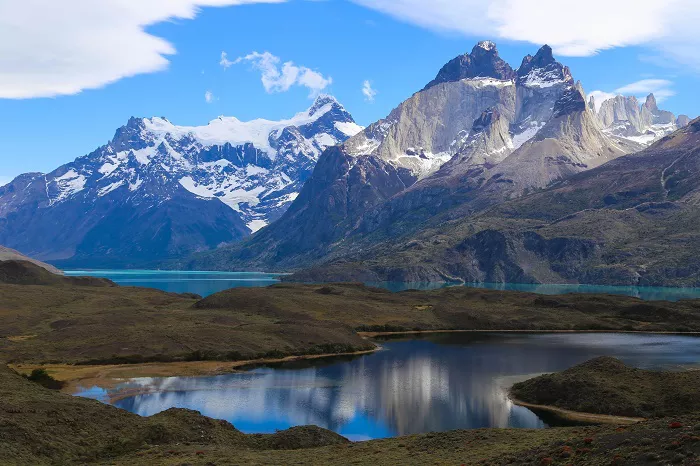A familiar symbol across the United States—the National Park Service (NPS) ranger uniform, complete with wide-brimmed hat, forest-green trousers, and khaki shirt adorned with a bison-and-sequoia patch—may soon represent more than stewardship of America’s natural and historical treasures. As national park visitation reached a record 331.9 million visits last year, a new federal proposal is raising alarm over the future of the agency and the stories it protects.
In a move framed as a cost-saving measure, officials at the Department of the Interior are exploring whether states can assume control over hundreds of lesser-known federal sites. While iconic destinations such as Mount Rainier, Glacier, and Zion—those with the formal “National Park” designation—would remain under NPS oversight, many smaller or more politically sensitive locations could be handed off to state management.
This strategy, initiated under the Trump administration and under review by the current government, aims to trim federal expenses without closing flagship attractions. The idea is to prevent public backlash that would likely result from shuttering popular sites like the Grand Canyon’s visitor center or a ranger station beneath the Grand Teton range.
However, critics argue that the plan presents two significant threats to the nation’s collective identity and conscience.
The first concern centers on the erosion of national unity. In an era marked by political polarization, national parks and historical sites serve as shared civic spaces where Americans, regardless of background or party affiliation, can connect with a common past. Transferring management to the states could undermine the perception of these sites as national treasures. For instance, the historical weight of Boston’s Freedom Trail or Fort Sumter in South Carolina would be diminished if their stewardship shifted to local authorities, stripping them of their place in the broader American narrative.
The second, and more troubling, risk involves the marginalization of difficult or politically inconvenient chapters in U.S. history. National Park rangers not only interpret natural wonders, but also help the public confront complex legacies. One such example is the Minidoka National Historic Site in southern Idaho, where thousands of Japanese Americans were incarcerated during World War II. A recent tour led by a descendant of internees, clad in the NPS uniform, powerfully conveyed this dark period in U.S. history. Observers question whether states—especially those with political leadership disinclined to revisit such episodes—would maintain these sites with the same integrity or investment.
Adding to these concerns, the Department of the Interior has instructed NPS units to solicit public feedback on exhibits that may be perceived as portraying American history in a negative light. Critics fear this could trigger widespread sanitization of the nation’s past, stripping away the nuance and complexity that define the country’s diverse heritage.
As the debate unfolds, many worry that by next summer, national parks could begin to lose their standing not just as sanctuaries of natural beauty, but as pillars of historical reckoning and democratic reflection.


